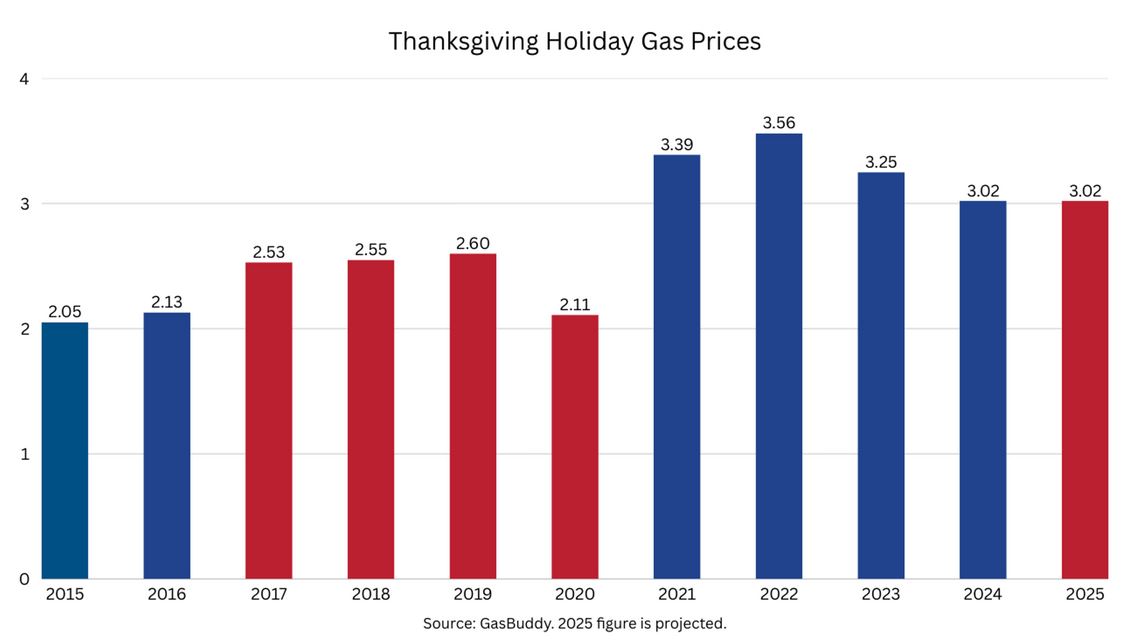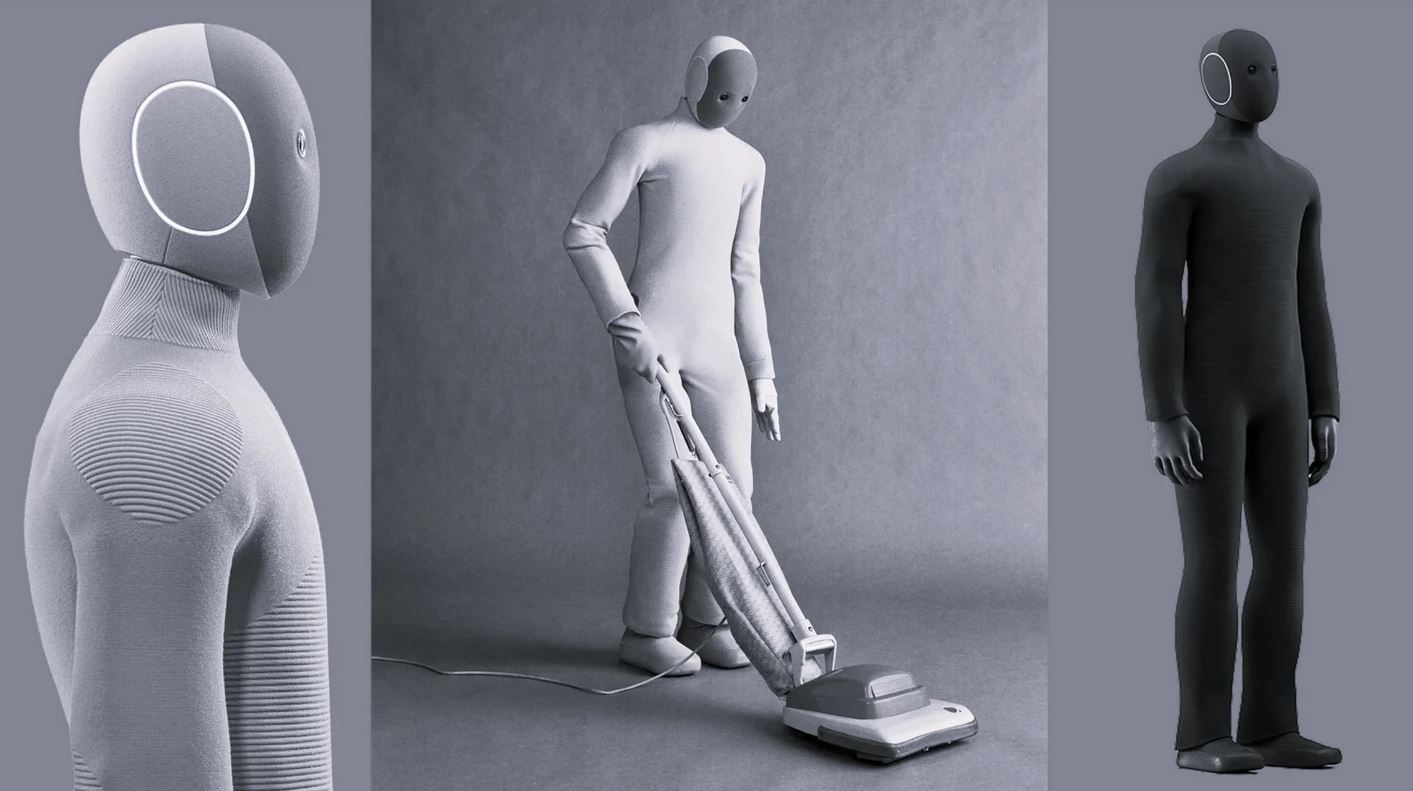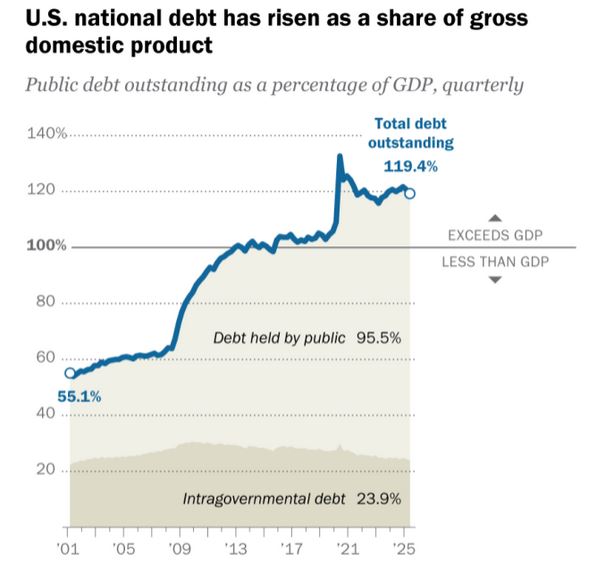
No More Cents- A Fond Farewell to the Penny
Thus, on November 12, the U.S. Mint in Philadelphia held a small ceremony where the U.S. Treasurer Brandon Beach struck the last penny that would be released into circulation.
Pennies have been a losing deal for twenty years. Nobody seems to care that they are gone. Maybe I am just in a bubble.






